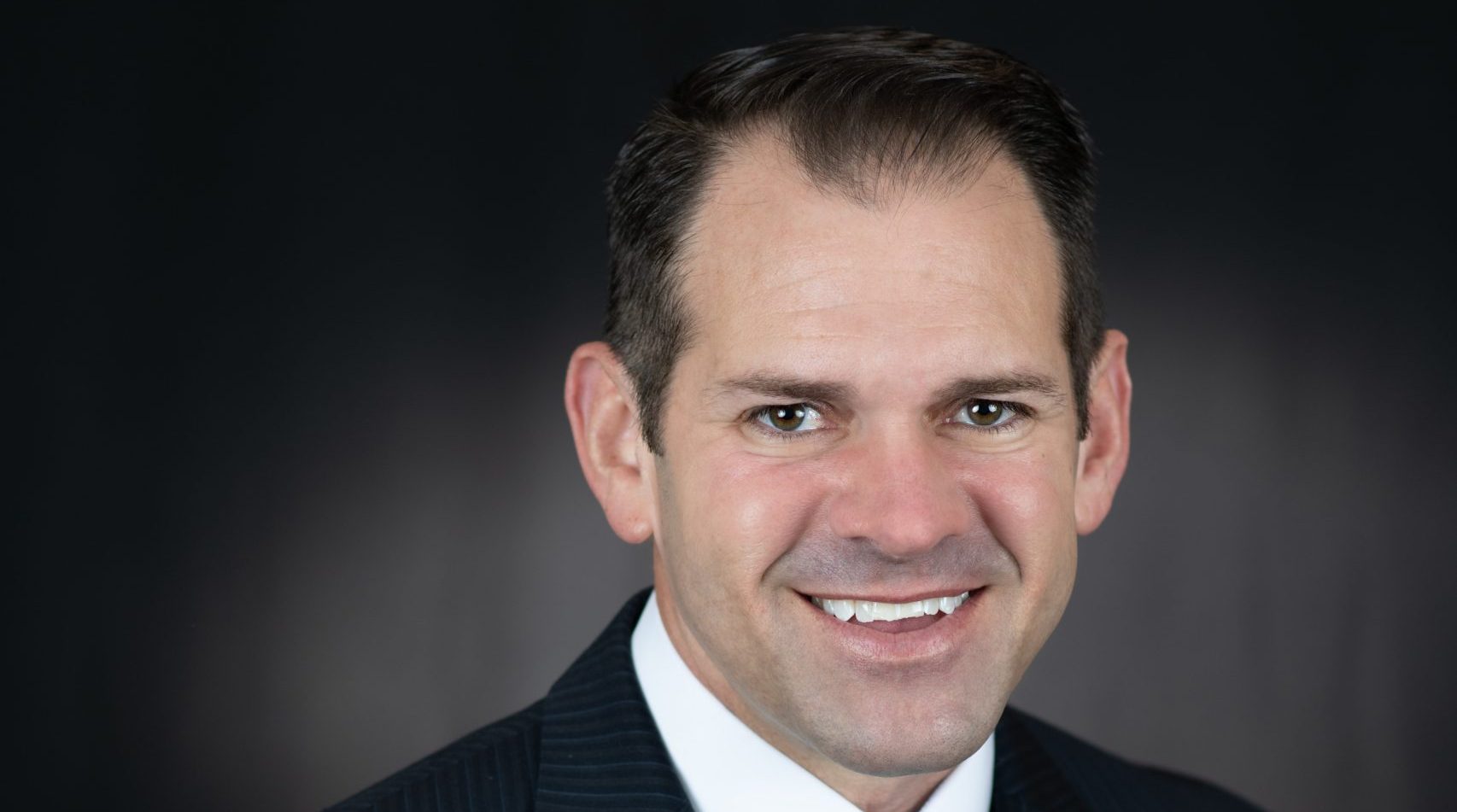Understanding Stress and Its Effects on the Heart: Dr. Ian Weisberg Explains
Understanding Stress and Its Effects on the Heart: Dr. Ian Weisberg Explains
Blog Article

Developments in medical technology are rapidly transforming aerobic attention, and Dr Ian Weisberg, a head in cardiac electrophysiology, are at the lead with this revolution. With a willing give attention to the role of wearable devices, synthetic intelligence (AI), and distant checking, Dr. Weisberg is helping shape the future of heart health. His revolutionary strategy is improving early detection, increasing individual outcomes, and permitting more customized care.
Wearable Engineering: The Potential of Real-Time Cardiac Tracking
One of the very encouraging developments in heart wellness could be the increase of wearable devices. Dr. Ian Weisberg is very excited about the role of smartwatches, lightweight ECG displays, and exercise trackers in tracking heart health. These devices provide continuous, real-time ideas in to heart rate, beat, and other critical signs. For individuals vulnerable to arrhythmias like atrial fibrillation, these wearables provide early warning signs, permitting people to get immediate action. By detecting potential problems before they become major health risks, wearables provide a practical method of cardiac care.
AI's Position in Revolutionizing Cardiovascular Analysis
Synthetic intelligence is still another critical area where Dr. Ian Weisberg considers immense potential. AI calculations can sift through large levels of data from electrocardiograms (ECGs) and imaging, identifying designs that may perhaps not be obvious to the human eye. This technology is really a game-changer in detecting heart conditions early and accurately. Dr. Weisberg believes that AI not just supports quicker diagnoses but additionally assists physicians make more educated decisions, leading to better treatment outcomes and less complications for patients.
Rural Checking: Making Cardiac Care Available to All
For people with persistent situations such as heart disappointment or arrhythmias, continuous checking is essential. Dr. Ian Weisberg has been a strong proponent of distant cardiac checking, allowing medical practioners to monitor individuals'heart health without requesting constant in-person visits. Devices that calculate heart flow, body pressure, and oxygen degrees may send information directly to healthcare companies, ensuring that any potential problems are resolved in real-time. This kind of rural monitoring is particularly very theraputic for individuals in rural places or individuals with mobility problems, since it reduces the requirement for repeated hospital visits while ensuring top quality care.
Personalized Medicine: The Potential of Aerobic Treatment
Seeking forward, Dr. Ian Weisberg envisions the next where customized medicine becomes the cornerstone of cardiovascular care. By combining genetic testing with data obtained from wearables and other monitoring products, doctors may tailor solutions to each individual's special needs. That customized strategy may help healthcare vendors to provide more efficient interventions, reducing the risk of issues and increasing long-term center health.
Conclusion
As technology continues to evolve, therefore also does the possibility of better, accessible, and precise cardiac care. Dr Ian Weisberg Niceville Florida is helping cause this change, advocating for the integration of wearables, AI, and rural monitoring in to daily healthcare. With these improvements, the continuing future of heart problems management is brighter than ever, providing a cure for greater wellness outcomes for people worldwide.
Report this page